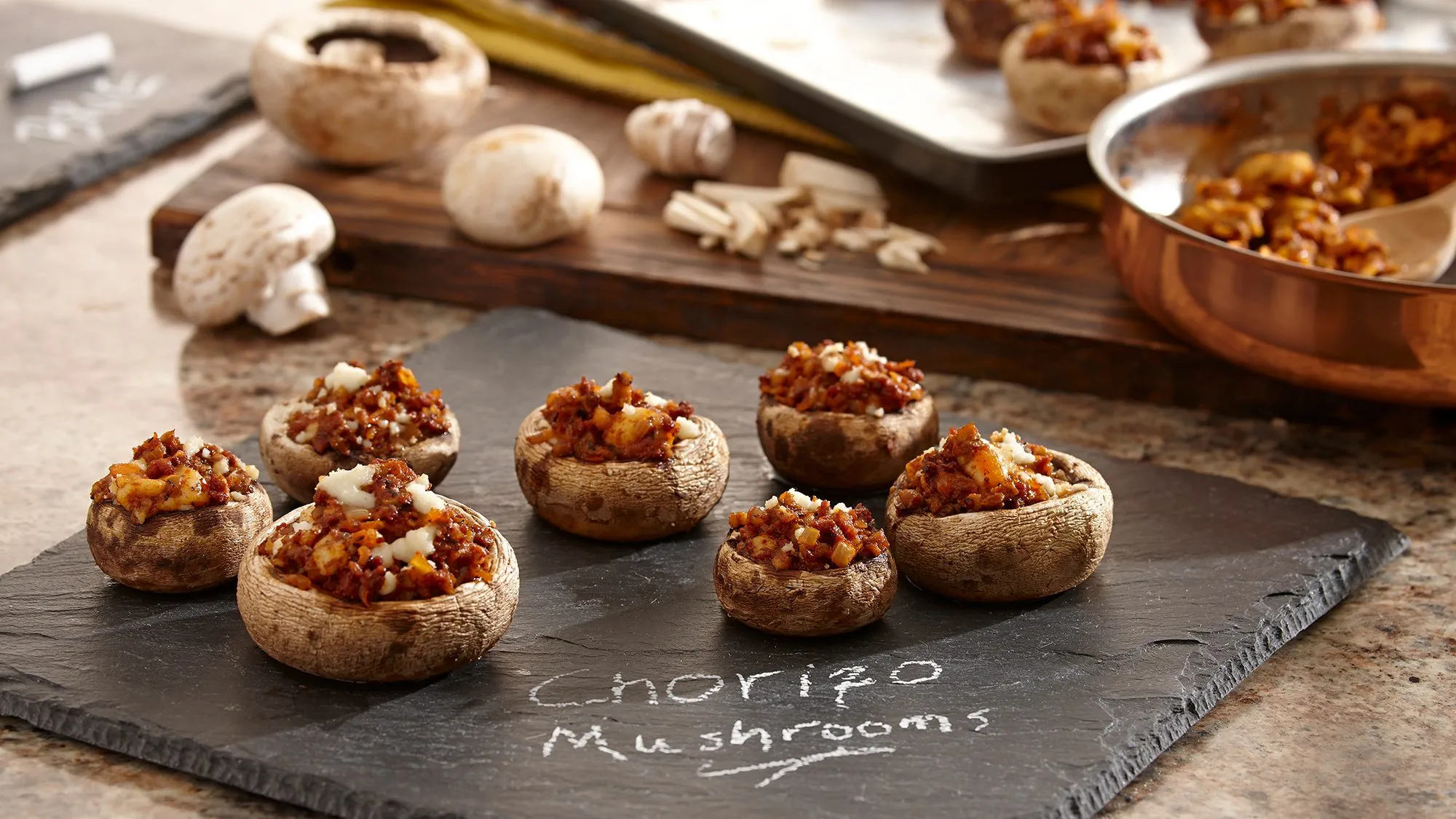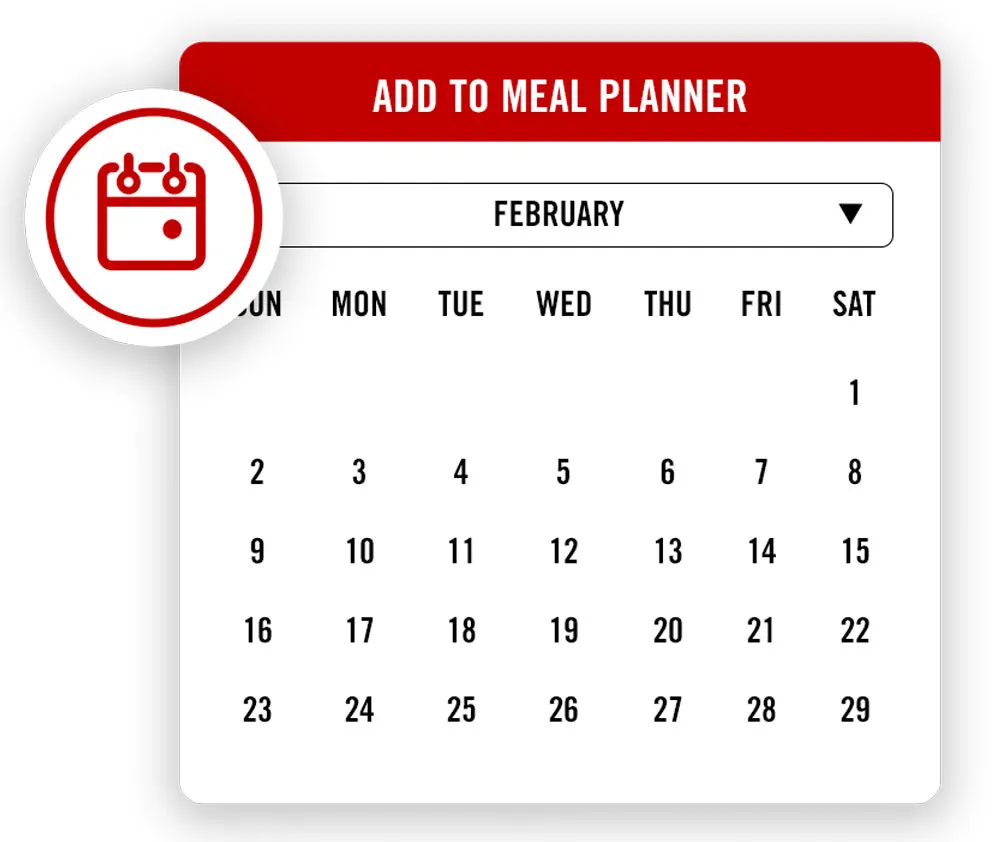Can you cook eggs in the microwave? You bet! Once you learn how to cook eggs in the microwave, you can enjoy a quick, satisfying breakfast or light meal in minutes.
You know you can fry, boil and poach them, but can you microwave eggs? Absolutely! There are many reasons to learn how to cook eggs in a microwave. Top on the list? Speed—when you're pressed for time and need a quick breakfast, light lunch, or simple dinner, knowing how to microwave eggs for a quick scramble can be your mealtime savior. When you're craving something more substantial—say, a great burger or avocado toast with a poached-egg bonus—you'll be glad to know how to poach an egg in the microwave. And did you know you can even make an omelet in the microwave?
Read on, and we'll show you the best ways to microwave eggs, including how long to cook them in the microwave and a few techniques we don't recommend (trust us, we've tested them all).
How to Make Scrambled Eggs in the Microwave

Good news for fans of fluffy and bright scrambled eggs: About the only thing easier than stove top scramble eggs are microwave scrambled eggs. Once you learn these tricks (and taste the results!), you'll wonder why you've waited this long to learn how to scramble eggs in the microwave:
- In a small microwave-safe dish, such as a custard cup or ramekin, whisk 1 large egg with a fork. Add 1 tablespoon milk or water and a pinch of salt. Whisk with the fork until thoroughly combined.
- Place the dish in your microwave. Microwave, uncovered, on 100% power (high) for 30 seconds. With a fork, stir the egg.
- Microwave 10 seconds more and stir again. If desired, stir in a spoonful of shredded cheese or a sprinkling of chopped green onion, snipped fresh basil, chopped tomato, or chopped roasted red pepper.
- Microwave 5 to 10 seconds more or until fluffy and still shiny with no loose liquid in the dish. If desired, season to taste with ground black pepper.
Test Kitchen Tip
Because microwave ovens vary greatly, knowing exactly how long to microwave eggs is a bit tricky. While our microwave scrambled eggs took less than a minute to cook, it's important to check after each timing.
How to Poach an Egg in the Microwave

Whether you eat them with toast in the morning or slide them atop a burger or salad at lunch or dinner, poached eggs can add so much lusciousness to the plate. Fortunately, you don't have to wait for water to boil on your stove top to sink your fork into this breakfast classic. Instead, learn how to poach an egg in the microwave.
Note: If your microwave-poached eggs aren't the same as the sublime, jiggly pillows you've made on the stove top, it's not your fault! According to the Egg Board, microwave-poached eggs can be delicious but won't deliver the same cloud-like qualities that traditional poached eggs can bring.
Of course, the easiest way to learn how to poach an egg in the microwave is to get a microwave egg poacher and follow the manufacturer's directions.
How to Make Eggs in the Microwave Using a Mason Jar

Did you know you can make a fluffy, satisfying "omelet" in the microwave? Our Mason Jar Omelet recipe, which is similar in concept to making microwave eggs in a mug, points the way. You can even mix up your omelet the night before so it's ready to grab, microwave, and go on an extra-busy morning.
So, how long do you cook an egg in the microwave using our Mason jar method? Two minutes ought to do it!
What About Making Hard-Boiled Eggs in a Microwave?
Wondering how to make hard-boiled eggs in the microwave? We wish we had better news. According to our Test Kitchen, you should never microwave eggs in the shell, as the eggs can explode and damage the microwave (and even harm the user).
Here's our workaround: Although making hard-cooked eggs the traditional way takes 20 minutes, most of that is hands-off standing time. And, because you can refrigerate hard-cooked eggs in their shells for up to seven days, cook up a batch on the weekend to have them ready to go throughout the week—no microwave needed.
Better yet, get in on the steamed eggs trend! Our Test Kitchen (and numerous food bloggers) find steaming eggs (instead of boiling) makes them easier to peel. Steaming eggs also saves time because you don't have to wait for a whole pot of water to boil.
Another workaround: An egg cooker isn't as fast as a microwave but can hard-cook eggs faster than the classic stovetop method.
What about making soft-boiled eggs in the microwave? Sorry—that's a hard "no," too. However, using our traditional method, making a luscious soft-cook egg takes only 10 minutes.
The method for soft-boiling an egg is very similar to hard-boiling eggs—the main difference is time. Follow this easy method for quick soft-boiled eggs:
- Bring water to a boil.
- Lower eggs into the water using a slotted spoon.
- Reduce heat to maintain a gentle boil.
- Cover and cook 6 minutes for soft-boiled eggs.
Why We Won’t Make a Fried Egg in the Microwave
What about a fried egg in the microwave? Let's just say it's not our favorite method for making microwave eggs. According to the Egg Board, before microwaving, you should always break the yolk of an unbeaten egg with the tip of a knife or a wooden toothpick. This allows steam from the yolk to escape safely.
The trouble is, as anyone who loves fried eggs knows, a fried egg with a broken yolk kind of misses the point. The good news is that it only takes about 8 minutes to fry an egg on the stove top the traditional way.
So, can you microwave eggs? Now you know the answer is yes but with a few caveats. To recap, scrambled microwave eggs and our fun Mason Jar eggs turn out best, and poached microwave eggs can be delicious, too. As for the rest? Stick with the stove top or a fancy electric egg cooker for the best (and safest) results.
This article was written by Wini Moranville from Better Homes and Gardens and was legally licensed through the Industry Dive Content Marketplace. Please direct all licensing questions to legal@industrydive.com.







